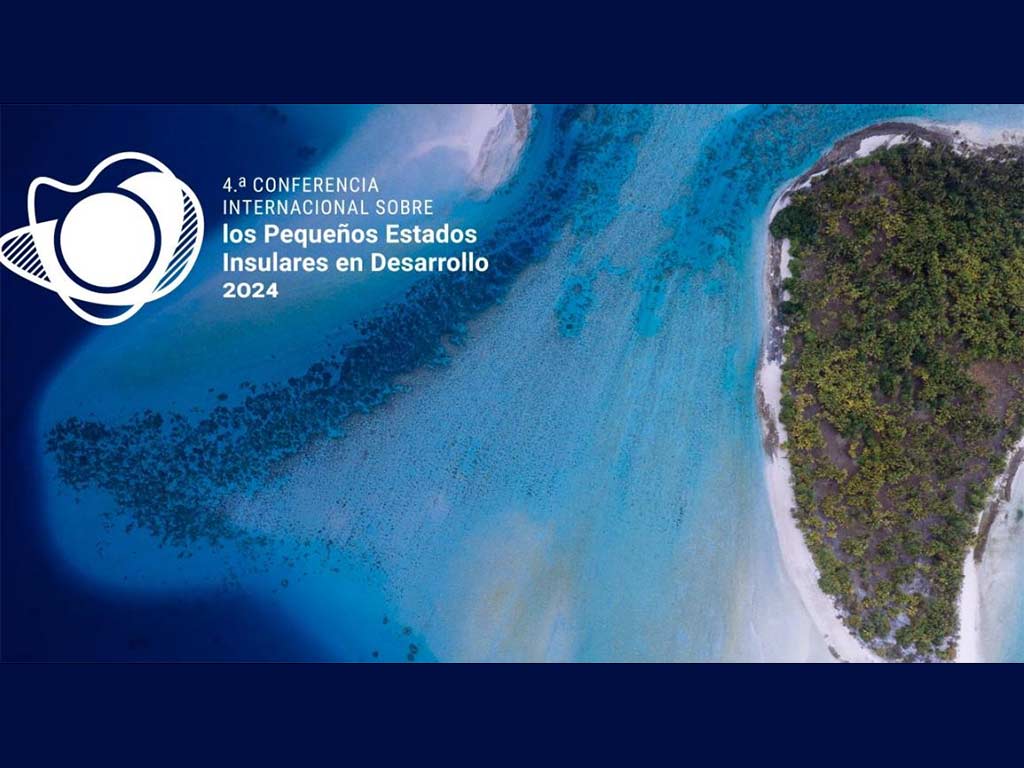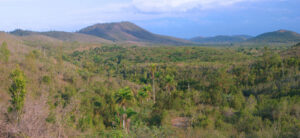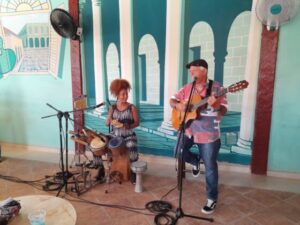Reforming global climate finance to meet the needs of Small Island Developing States (SIDS) will be the focus of discussions today at the Fourth SIDS Conference, which closes tomorrow in Antigua and Barbuda.
One of the interactive dialogues will address this issue, as the 39 SIDS member nations suffer disproportionately from the effects of climate change despite their low levels of carbon emissions.
According to the academic programme, the session will explore strategies to improve access to climate finance through innovations such as the multidimensional vulnerability index and the Santiago Network for Loss and Damage, among others.
The aim, they say, is to ensure that SIDS can enjoy a sustainable and climate-resilient future.
The meeting on the Caribbean islands of Antigua and Barbuda began on Monday with delegations from the 39 nations vulnerable to the consequences of climate change. The day before, on the second day, UN Secretary-General Antonio Guterres stressed that international finance is the fuel for sustainable development.
But, he warned, small island states are running on empty, drowning in debt and rising sea levels due to climate change that is not their fault.
SIDS are paying more to service their own debt than they spend on health and education. This leaves these nations unable to make the investments they need to meet the 2030 Sustainable Development Goals.
Many of them are classified as middle-income, which excludes them from the debt support reserved for poorer nations, he warned.




